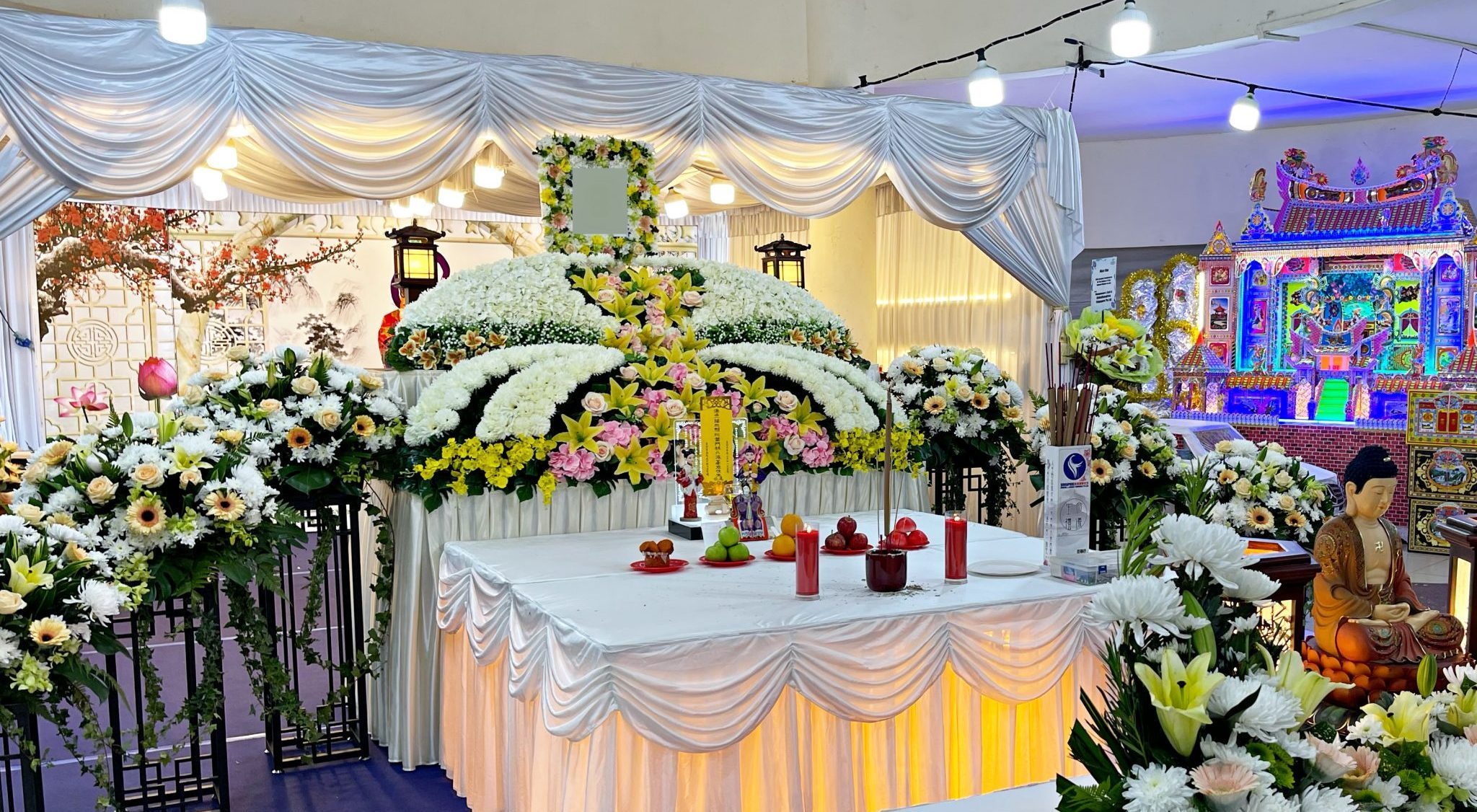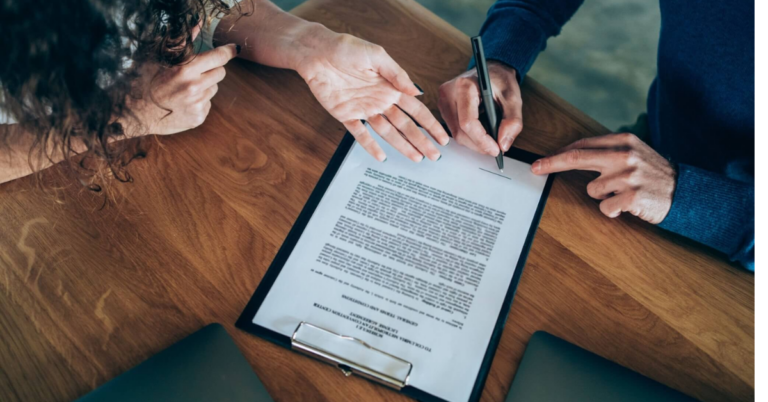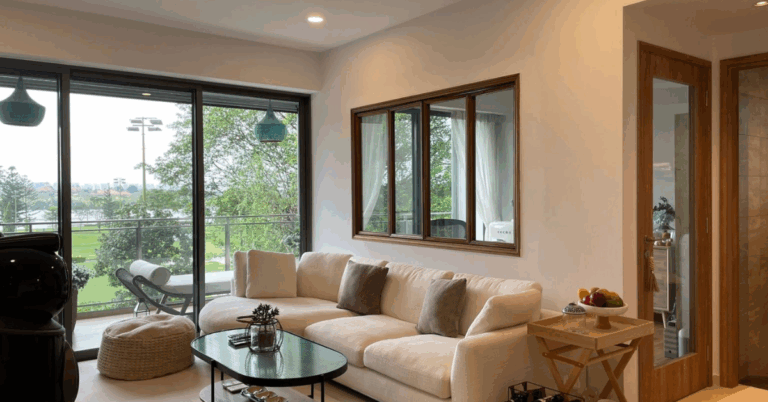Honouring Life and Rebirth: Understanding Buddhist Funeral Services Singapore
In a city as culturally diverse as Singapore, death rituals reflect a blend of faith, tradition, and family devotion. Among these, Buddhist funeral services Singapore hold a special significance for families seeking to honour their loved ones according to Buddhist beliefs. Rooted in compassion and mindfulness, these services guide the soul of the departed on its journey toward rebirth while offering comfort and closure to those left behind.
The Philosophy Behind Buddhist Funeral Services
Buddhism teaches that life and death are part of an endless cycle known as samsara—the continuous process of birth, death, and rebirth. A funeral, therefore, is not merely a farewell but a spiritual passage meant to help the deceased find peace and achieve a favourable rebirth.
At the same time, Buddhist funeral services help the living accept impermanence (anicca) and cultivate merit through good deeds, chanting, and prayers. These rituals are carried out not only for the deceased’s spiritual benefit but also to comfort the grieving family, reminding everyone of compassion, detachment, and the transience of life.
Core Elements of a Buddhist Funeral Service
Buddhist funerals in Singapore usually follow structured rites that respect the traditions of different Buddhist sects, such as Mahayana, Theravada, or Vajrayana. Despite minor variations, the central purpose remains the same — to ensure that the departed receives blessings, guidance, and a dignified send-off.
1. Preparation and Encoffining
After death, the body is respectfully cleaned, dressed, and placed in a casket. Family members may assist or offer prayers during this stage. Monks or religious practitioners are often invited to chant sutras to calm the soul of the deceased and create a serene atmosphere.
This initial stage is deeply symbolic, representing purification and preparation for the soul’s transition into its next existence.
2. Wake and Altar Setup
The wake is typically held for three to five days, allowing family and friends to pay their respects. The venue can be at a funeral parlour, temple, or HDB void deck.
The altar setup is a crucial part of Buddhist funeral services. It usually includes:
-
A framed photograph of the deceased
-
Offerings such as fruits, flowers, and vegetarian food
-
Incense, candles, and joss sticks
-
A statue or image of the Buddha
-
Sutras and religious texts for chanting
The décor is kept simple and elegant, focusing on serenity rather than extravagance. Soft lighting, white or gold fabrics, and gentle floral arrangements contribute to the peaceful ambiance.
3. Chanting Ceremonies
Chanting is the heart of every Buddhist funeral. Monks or nuns chant sutras such as the Amitabha Sutra, Heart Sutra, or Diamond Sutra to guide the departed soul toward enlightenment and release from suffering.
These chants are performed multiple times throughout the wake typically once each evening and again on the final day. Chanting generates positive energy, purifies the environment, and transfers merit to the deceased, helping them on their spiritual path.
4. Offerings and Ritual Practices
Offerings are a way to show respect and accumulate merit. Common offerings include incense, candles, vegetarian food, water, and flowers. Some families may also burn paper offerings, such as symbolic houses or clothes, as a gesture of care for the afterlife.
Another common practice is the “water-pouring ceremony,” where water is slowly poured into a bowl while chanting. The overflowing water symbolizes the transfer of merit from the living to the deceased, helping them in their next existence.
5. Funeral Procession and Cremation
On the final day, a farewell ceremony is held before the body is taken to the crematorium or burial site. Family members and close friends may follow the hearse in a procession, carrying joss sticks or chanting prayers.
During the procession, monks continue their recitations, invoking blessings for the safe passage of the soul. After cremation, the ashes are respectfully collected and placed in an urn. Families may choose to enshrine the urn in a columbarium or temple, where it can be visited for remembrance and prayers.
6. Post-Funeral Rites
The funeral marks only the beginning of memorial observances in Buddhist tradition. Families often hold prayers on the 7th, 49th, and 100th days after death, as these dates are believed to be spiritually significant.
These ceremonies are opportunities for the living to continue transferring merit to the deceased through good deeds, chanting, and offerings. Some families also observe annual memorials to honour their ancestors, strengthening the bond between generations.
Components of a Buddhist Funeral Service Package
To help families navigate this emotional period, many service providers in Singapore offer complete Buddhist funeral service packages. These packages ensure that all rituals, logistical needs, and spiritual elements are handled with care.
A typical package may include:
-
Collection and transportation of the body
-
Embalming, dressing, and makeup
-
Casket and accessories
-
Tentage, chairs, lighting, and ventilation for wakes
-
Altar setup with Buddhist symbols and decorations
-
Monks for chanting and prayer services
-
Funeral coordination and ceremonial items
-
Hearse and pallbearers for the final procession
-
Cremation or burial arrangements
-
Ash collection and urn setup
-
Vegetarian catering for guests
Packages are usually available for three-day or five-day wakes, depending on family preferences. Additional options may include extra chanting sessions, floral enhancements, or post-funeral prayer services.
Choosing the Right Buddhist Funeral Service Provider
Selecting a funeral service provider requires careful consideration, as the rituals carry deep emotional and religious meaning. Families should look for:
-
Experience and Knowledge – The provider should have a strong understanding of Buddhist rites and the customs specific to different sects.
-
Transparent Pricing – Packages should be clearly itemized with no hidden costs.
-
Flexibility – Families should be able to customize the services to reflect their loved one’s beliefs and wishes.
-
Compassionate Staff – A respectful and empathetic team is vital to provide emotional support and smooth coordination.
-
Good Reputation – Choose providers who are trusted by the community and have positive testimonials from past clients.
A reputable funeral service ensures that every detail from altar design to chanting arrangements is handled with sincerity and professionalism.
Etiquette During a Buddhist Funeral
When attending a Buddhist funeral, it is important to maintain respectful behaviour. Here are some key etiquette tips:
-
Dress modestly, preferably in white or subdued colours.
-
Keep conversations quiet and avoid laughter or distractions.
-
Turn off mobile phones and avoid taking photos.
-
Offer a simple bow or light incense when paying respects.
-
Follow the lead of the monks or family during prayers.
These small gestures reflect mindfulness and compassion, aligning with Buddhist principles of respect and humility.
The Significance of Merit-Making
A central theme in Buddhist funerals is merit-making the practice of performing good deeds and dedicating them to the deceased. Acts such as offering alms to monks, donating to temples, or releasing animals are common forms of merit-making.
The belief is that such merit helps purify negative karma and benefits both the deceased and the living. It also brings a sense of purpose and healing to the bereaved family, turning grief into an act of compassion.
Pre-Planning a Buddhist Funeral
In modern Singapore, pre-planning funerals has become increasingly common. By arranging a Buddhist funeral service in advance, individuals can:
-
Specify their preferred rituals and chants
-
Choose the duration of the wake
-
Fix the budget and avoid future inflation
-
Reduce emotional stress on their family
-
Ensure their beliefs and wishes are honoured
Pre-planning transforms the idea of death from something to fear into an act of mindfulness and foresight, consistent with Buddhist values of awareness and preparation.
Conclusion
A Buddhist funeral service Singapore is much more than a farewell it is a sacred journey guided by compassion, wisdom, and respect. Through rituals, chanting, and offerings, families not only honour their loved one’s memory but also create a peaceful transition for the soul into its next life.
In a society that blends modern convenience with deep-rooted traditions, these services provide comfort and structure during one of life’s most challenging moments. Choosing an experienced and compassionate provider ensures that every aspect spiritual, emotional, and practical is carried out with grace and dignity.
Ultimately, a Buddhist funeral reminds us that death is not the end but a passage toward renewal, offering both the deceased and the living a moment of reflection, love, and enlightenment.







